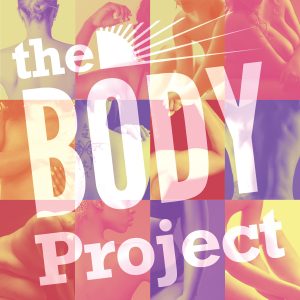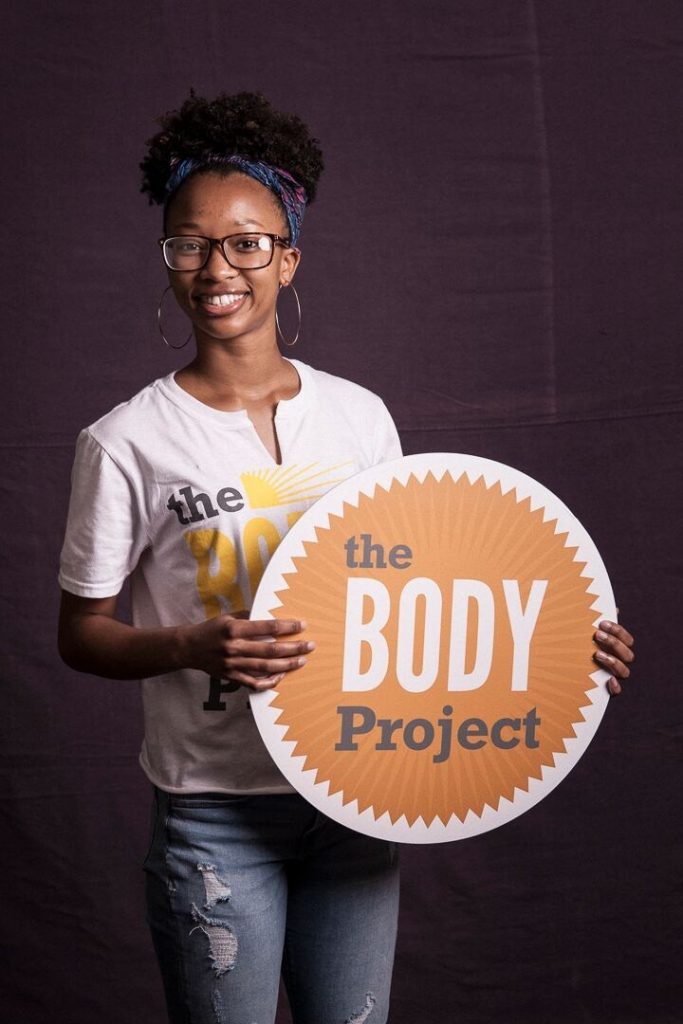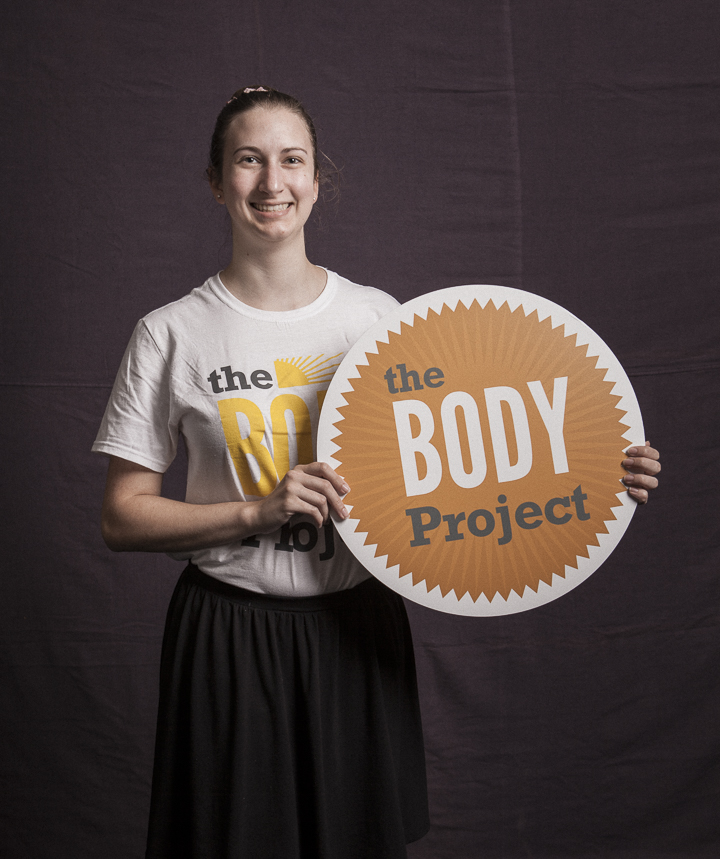Young men and women comparing themselves to Photoshopped models or overmuscled movie stars is nothing new. For the last decade, however, Illinois State University has been on the forefront of battling unrealistic body ideals with The Body Project.
A program led by fellow students to encourage people to challenge negative talk and images surrounding bodies, The Body Project celebrates 10 years at Illinois State. “Illinois State has been a trailblazer when it comes to this initiative,” said Allyson Hawkins of Student Counseling Services, which oversees the program in collaboration with Health Promotion and Wellness. “We were one of the first universities in the nation to adopt the program.”
The initiative began nationally as the Sorority Body Project, encouraging women in the Greek system to embrace a positive outlook on their bodies and health. Several Illinois State employees, including the Student Counseling Center’s Jenni Thome, traveled to Texas to take part in training. “The program quickly shifted beyond sororities to be open to all college women,” said Thome.
The Body Project consists of peer facilitators, or fellow students who go through training to engage young people in discussions, activities, and role playing scenarios designed to confront “fat talk” and negative images. “As a facilitator we speak on what consists of the ‘perfect’ person,” said Chania Dobson, a sophomore social work major from Chicago. She noted the project helps people examine their own talk about appearance. “We all experience those negative comments, thoughts, or comparisons.”
The program at Illinois State evolved two years ago with addition of The Body Project: More than Muscles, geared toward unrealistic body expectations for men. “Studies show that young men experience a negative body image as much as young women, just in different ways,” said Thome, noting that instead of thinness, men are pressured to be bulked up with muscles.
Throughout the years, The Body Project and More than Muscles have trained more than 250 peer facilitators. Miranda Bejda, a human development and family science major from Naperville, Illinois, said many people don’t even realize they are engaging in fat talk. “Negative body talk is normalized in our society and people do not realize the harm that those thoughts can have on a person,” she said, adding that the project can also help people realize if someone around them is struggling with body image. Bejda, who went through the project workshops as a member of Illinois State’s Council on Family Relations, now serves as an undergraduate intern for Student Counseling Services working with The Body Project.
Peer facilitators have worked with more than 1,600 Illinois State students through The Body Project and More than Muscles. The need for the program is stronger than ever, noted Hawkins. “Studies have shown those going through programs like The Body Project can make a difference. “This is an evidence-based practice, meaning the statistics back up the fact that there is a decrease in developing eating disorders.”
The goal for the next 10 years will remain the same—elevating a level of self-love, said Dobson. “I hope students gain a different perspective on how they view themselves and other people. They’re more comfortable in their own skin and aren’t ashamed.”
Students can learn more about The Body Project and More than Muscles on the counseling website.




